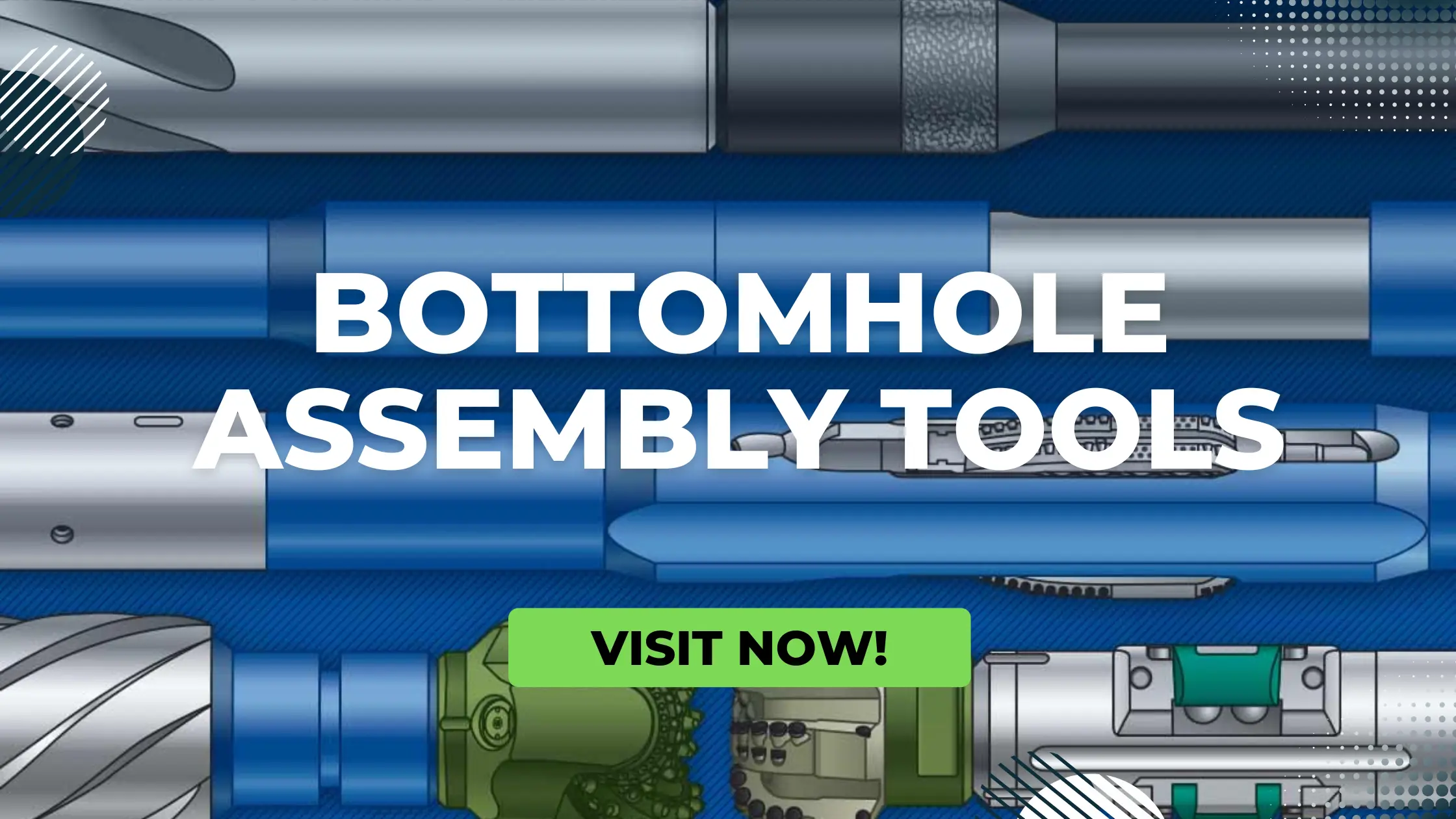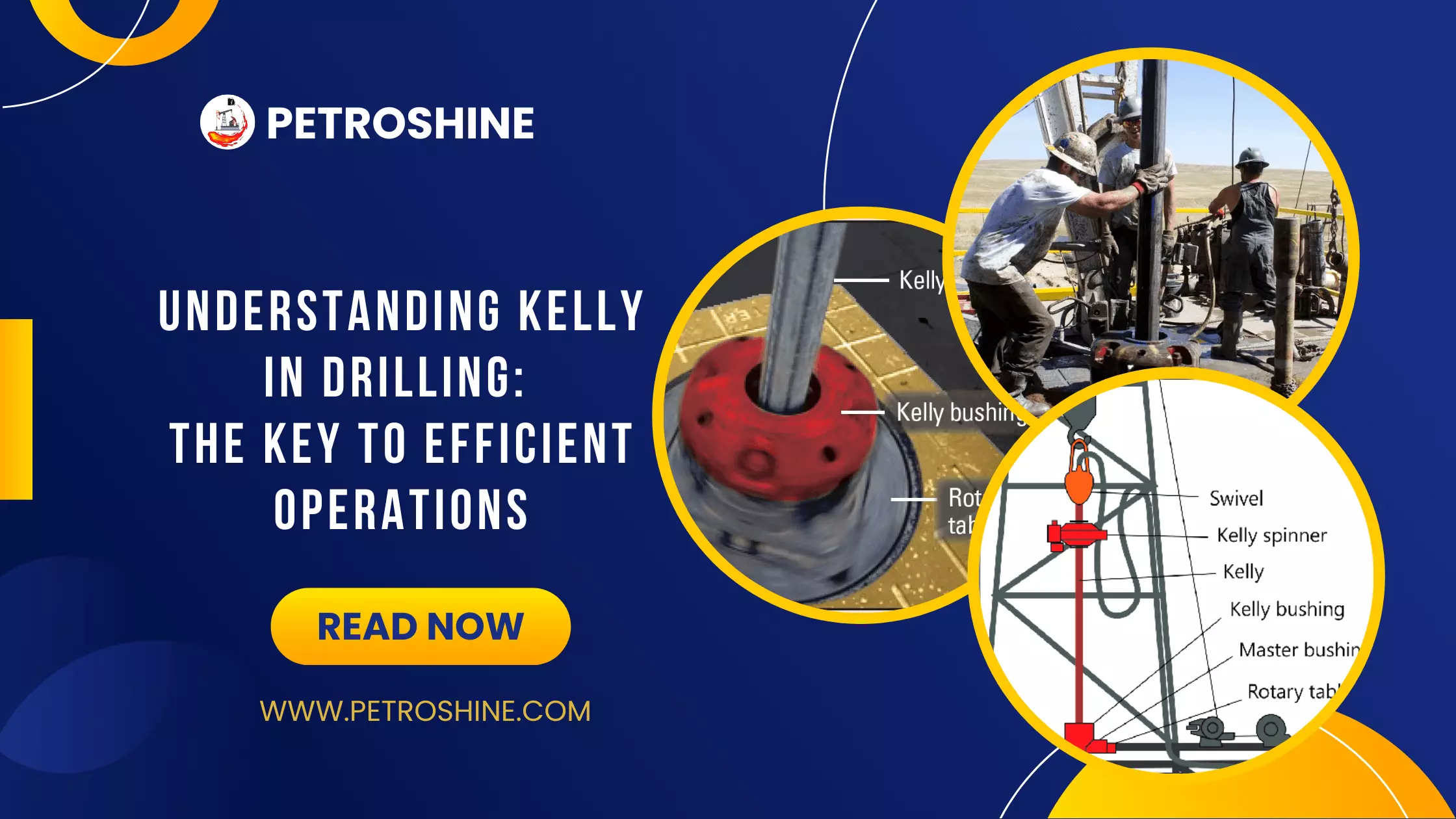Exercise
Determine the number of 8″, 150 lb/ft, 31-ft drill collars needed for the following well conditions:
- Well trajectory: vertical
- Required weight-on-bit = 58,000 lb
- Mud weight = 13.0 lb/gal
- Buoyancy factor = .801
- Safety factor = 1.15
Solution
Required weight of collars in air = ![]()
Weight of one 8′′ collar = ![]()
Number of collars required = ![]()
⇒ pick up 18 drill collars
Assessment What is a Drill Collar?
1. Which of these statements about bottomhole assembly design is TRUE?
A .The neutral point of tension and compression (NPT&C) is an important parameter in drill collar selection and BHA design.
B .In a vertical well, the drill collars should be selected such that their buoyed weight corresponds to the desired weight-on-bit.
C .In an inclined wellbore, some of the weight of the drill pipe can be transmitted to the bit with minimal risk of helical buckling.
D .A and B
E .A and C
F .B and C
2. The Neutral Point of Bending (NPB)_____.
A .is equivalent to the neutral point of tension and compression (NPT&C)
B .should always be located within the bottomhole assembly
C .is not a consideration in bottomhole assembly design
3. What is the primary reson for running a tapered drill collar string?
A .To minimize the load on the rig’s hoisting system.
B .To reduce the potential for connection failures and fatigue damage.
C .To make pipe recovery easier if fishing becomes necessary.
4. Which of these drill collar features is designed to help prevent differential sticking of the bottomhole assembly?
A .Spiral grooves
B .Stepped bores
C .Fishing necks
D .Slip and elevator recesses
5. Which of these drill collar features is NOT suitable for highly corrosive environments?
A .Slip and elevator recesses
B .Spiral grooves
C .Non-magnetic alloys
6. Design of the best rotary-shouldered connection for a drill collar calls for the box and pin to be balanced in bending fatigue. What range of section modulus ratios (box:pin)is best suited for maintaining this balance?
A .1 to 1.5
B .2.25 to 2.75
C .3.5 to 4.0
D .4.5 to 5.5
7. Cold rolling of thread roots is made in order to:
A .Decrease the possibility of swelled boxes
B .Make the connection more resistant for bending fatigue
C .Increase torsional strength
D .Eliminate leaking joints
Recommended for You
Drill String and Bit Considerations in Deviated Wells
Underbalanced Drilling in Directional Wells
 Petro Shine The Place for Oil and Gas Professionals.
Petro Shine The Place for Oil and Gas Professionals.



